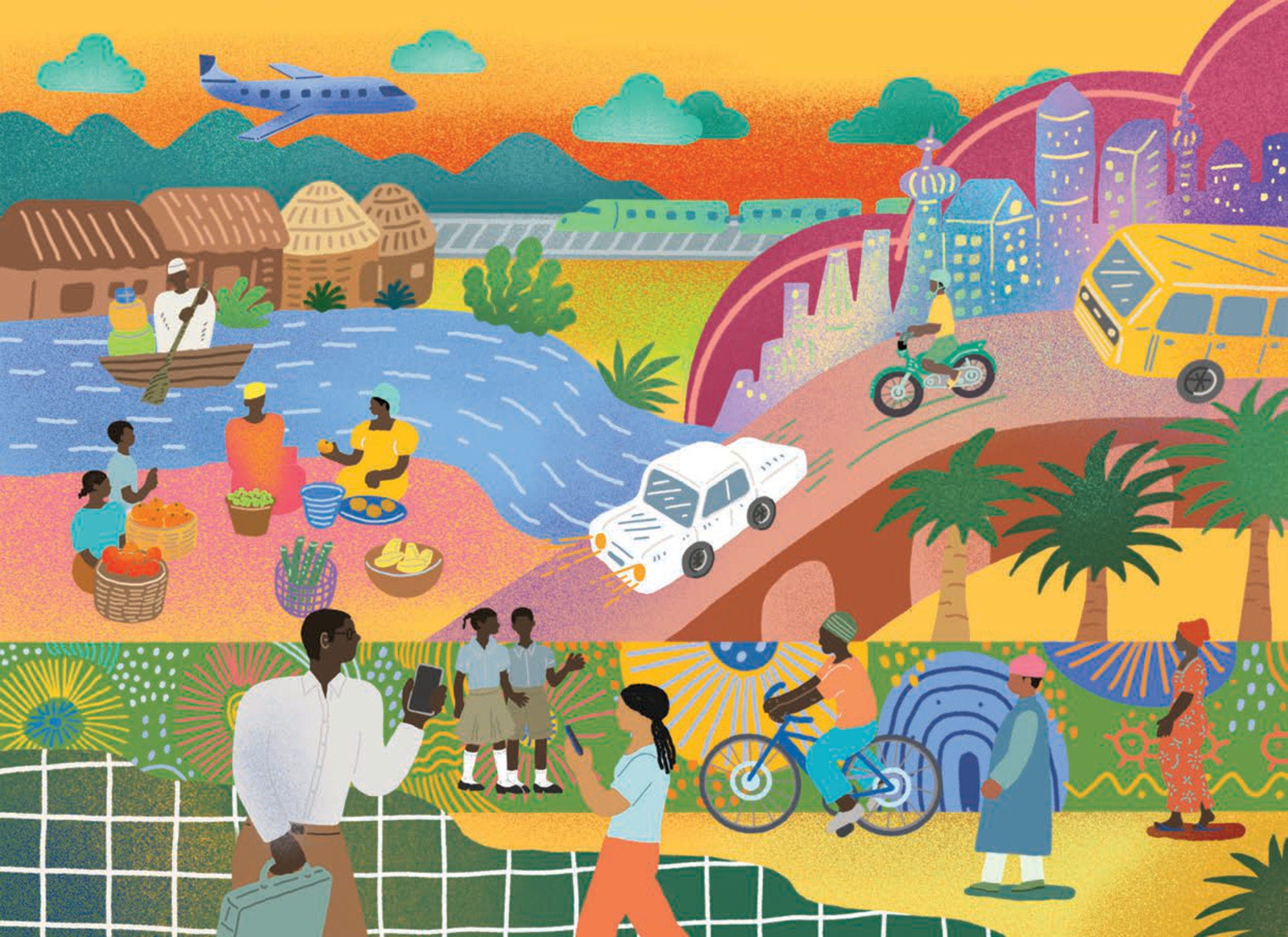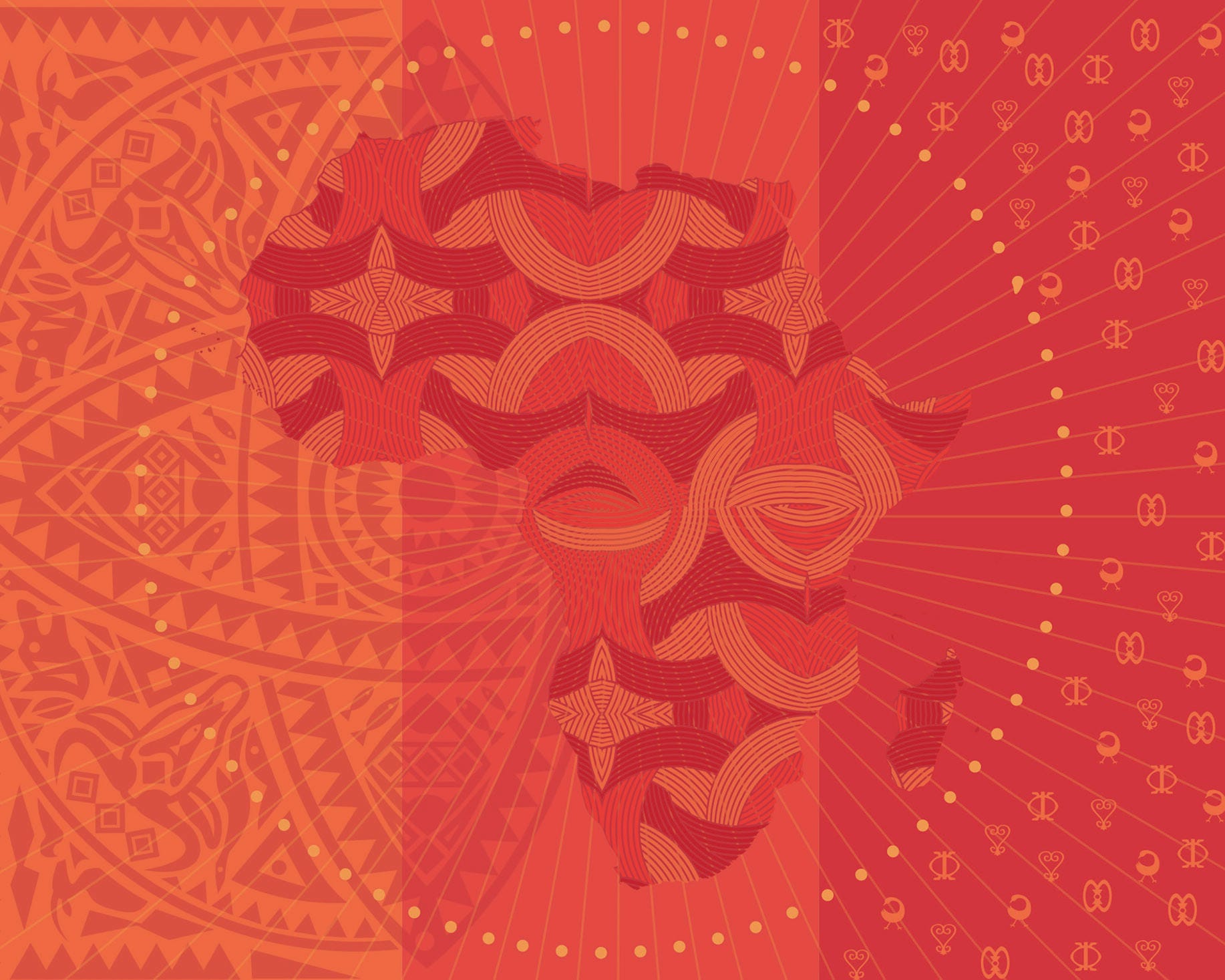The Sahara-Sahel has seen recurrent episodes of instability. However, the recent Libyan and Malian crises have intensified the level of violence. These episodes have restructured the geopolitical and geographical dynamics of the region. Cross-border or regional, these contemporary crises require new institutional responses. How can countries sharing this space - Algeria, Libya, Mali, Morocco, Mauritania, Niger, Chad and Tunisia and all related states such as Nigeria - stabilize and develop?
Historically, the Sahara plays an intermediary role between North Africa and sub-Saharan Africa. Commercial and human exchanges are intense and based on social networks that now include trafficking. Understanding their structure, geographical and organizational mobility of criminal groups and migratory movements represents a strategic challenge. This book hopes to address this challenge and stimulate strategies for the Sahel of the European Union, the United Nations, the African Union or ECOWAS (Economic Community of the States of West Africa) in order to foster lasting peace.
The Atlas is based on an analysis of mapped regional security issues and development objectives to open the necessary dialogue between regional and international organizations, governments, researchers and local stakeholders tracks.












